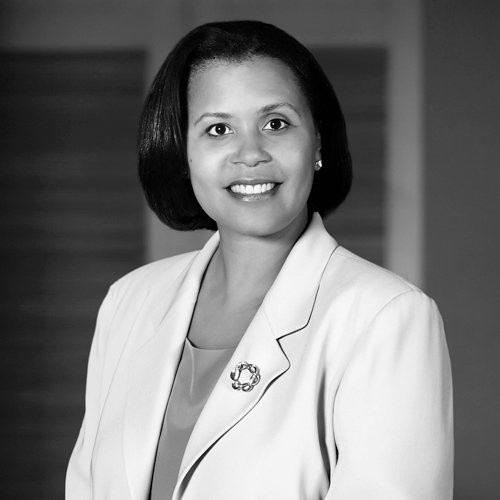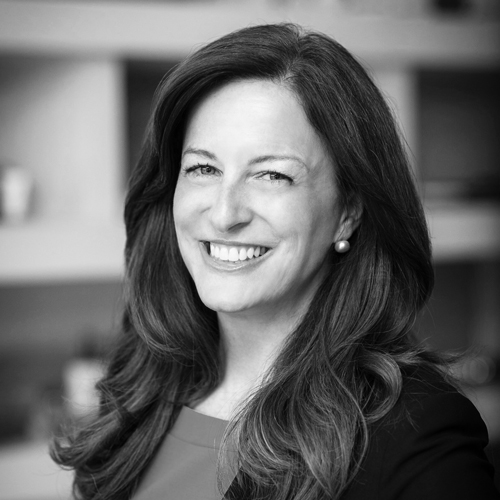
In July 2016, Charter Communications became the second-largest broadband internet provider and the third-largest cable-services provider in the United States when it acquired Time Warner Cable and Bright House Networks. For vice president and associate general counsel Sue E. Weiske, the merger brought with it a challenging integration process, the need to recruit and train exceptional attorneys, the obligation to create and implement mission-critical management tools for her business team, and the duty to assure legal expertise under the laws of the now more than forty states served by Charter. She sat down with Modern Counsel to discuss how exactly she managed these challenges.
What was your outlook going into this acquisition?
This acquisition quadrupled the team I supported, so I was very fortunate that the executive vice president and general counsel, the senior vice president of the Charter legal team, and my business clients—particularly my group vice president of Spectrum Community Solutions, leading the multiple dwelling unit (MDU) sales team—were focused on making the integration as smooth as possible. I worked closely with my internal client lead to identify key priorities and processes. The client knew what he wanted the MDU sales and operations side to look like, so I coordinated with him to develop the necessary legal infrastructure to support a quadrupled-in-size client.
What processes did you have to streamline to prepare for a larger client group?
Two critical pieces: resources and training. This newly enlarged business group is an important revenue-generating unit and requires a strategic and well-functioning legal infrastructure to support it. Key steps were to review and collapse over 120 form contracts from the three companies into about thirty, develop and implement over 150 hours of training to integrate and on-board the three distinct sales teams, and roll out a new sales-management and contract tool. That is separate from the need to grow the legal department and our expertise in the now forty states Charter serves.
How has growing your legal team changed the way that you work?
As we’ve gone from a Fortune 500 to a Fortune 100 company, we have added four attorneys to my direct team and established multiple relationships with outside firms. The biggest challenge for me has been that I love to train and mentor, but I also love to do the work. So, it’s a tectonic shift for me to go from doing the work to managing the work. I have had to focus on managing toward practical, creative solutions to difficult issues while minimizing legal and business risk.
How have your previous experiences helped you through this acquisition?
When I started at Charter as a regional legal VP supporting the president of one division, I had the opportunity to learn the business from the ground up. That gave me the ability to understand in a positive way how the business operates and how the various client groups operate. There are so many different parts that might impact something we’re trying to do. It’s always been my goal to understand the business, not just the law.
So, when it became clear that Charter was going down the path of a major acquisition, I was in a particularly good place with my skill set, my experience, and the support I received from my colleagues, particularly senior vice president and associate general counsel Hunt Brown and executive vice president and general counsel Rick Dykhouse.
What are the biggest impacts the merger has had on the legal department?
The volume and the expertise required to do the much bigger and more complex deals we now do. You have a substantially increased volume of work in the pipeline, and the challenges each deal brings are exponentially more difficult. There is an art to dealing with higher volume, being productive, rising to the intellectual challenge, and still enjoying yourself, and that’s an art at which the Charter legal department excels.
Where do you hope to go from here?
There are plenty of additional challenges on the horizon for me and my team—to be even more streamlined, more effective, and more knowledgeable—but I think we’re well on the way. For me, it’s spending 2018 being creative and strategic and continuing to train and mentor an excellent team.
**
Bremer Law, PC:
“As lead counsel for one of Charter’s highest-volume business groups and as part of an extraordinary legal team, Sue is a remarkably tireless and successful advocate for her client. She is decisive, ethical, and gets things done.”
—Jane E. Bremer, Esq.


